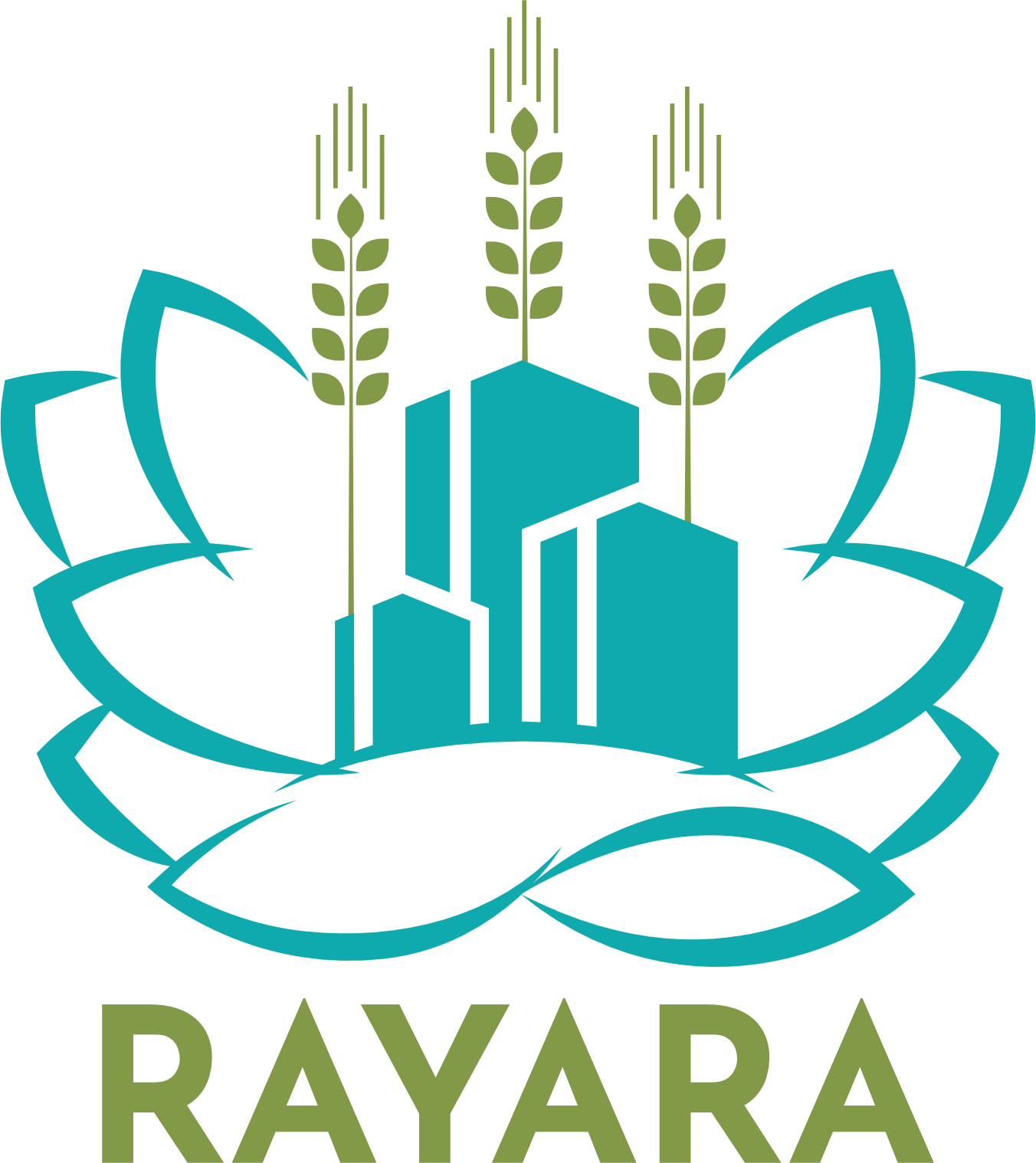Corporate Sustainability
At RAYARA, corporate sustainability is integral to our business, ensuring long-term viability while addressing environmental, social, and economic challenges.
-
Importance of Sustainability
Sustainable practices in the agro-commodity sector are essential for several reasons:
-
Environmental Protection
Agriculture is a significant contributor to greenhouse gas emissions and environmental degradation. Sustainable practices mitigate these impacts by promoting responsible resource use and conservation.

-
Social Responsibility
Ensuring fair treatment of workers and supporting local communities enhances the social fabric and contributes to economic stability.
-
Economic Viability
Sustainable practices can lead to cost savings, improved efficiency, and access to new markets, ultimately enhancing profitability.
Key Strategies for Sustainability
Adoption of Sustainable Agricultural Practices
- Implement practices such as crop rotation, cover cropping, and integrated pest management (IPM) to enhance soil health and reduce reliance on chemical inputs.
- Promote organic farming and agroforestry to boost biodiversity and strengthen ecosystem services.
